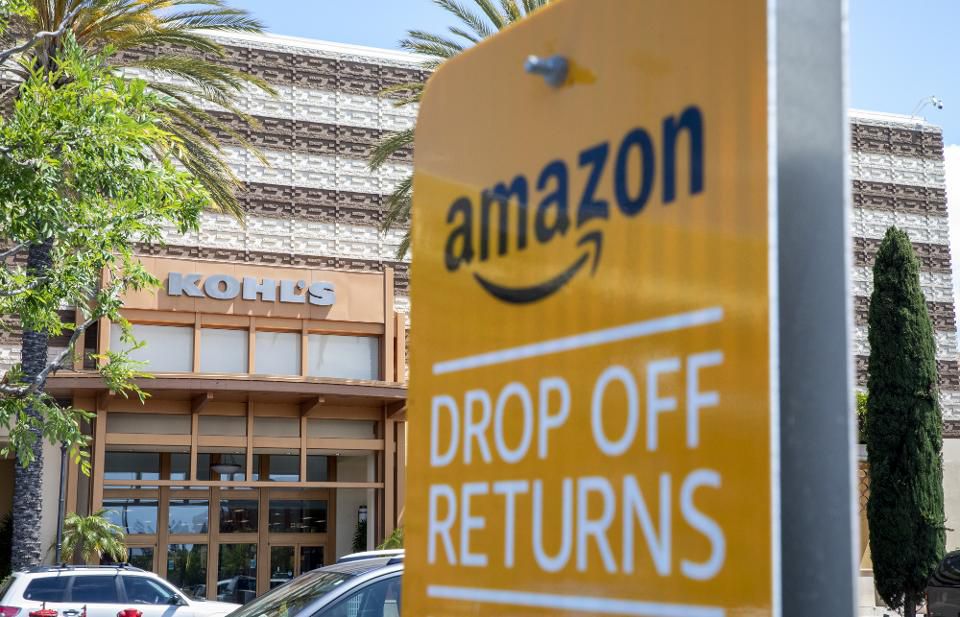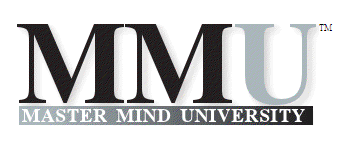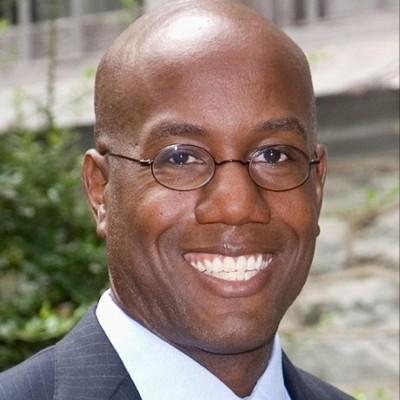 Collaborative Information from the Field of Master Mind Articles (MMA)
Collaborative Information from the Field of Master Mind Articles (MMA)
Shared from the desk of: Joseph Mercado
Article Author: Jason Wingard – Forbes.com
To: Entrepreneur
Blog Post #708
Re: Leadership Collaboration – Amazon & Kohl’s
Date and Time: Thursday, May 30, 2019 at 7:10 p.m.
Dear Entrepreneur,
Starting in July, brick-and-mortar retailer Kohl’s will begin accepting Amazon returns, unpackaged and free of charge, at all 1,150 locations in 48 states. This is an expansion of a pilot program that the chain introduced in three markets in 2017.
“Amazon and Kohl’s have a shared passion in providing outstanding customer service, and this unique partnership combines Kohl’s strong nationwide store footprint and omnichannel capabilities with Amazon’s reach and customer loyalty,” Kohl’s CEO Michelle Gass said in a press release. “This new service is another example of how Kohl’s is delivering innovation to drive traffic to our stores and bring more relevance to our customers.”
While many traditional retailers struggle to “Amazon-proof” their stores, Kohl’s willingness to join forces with the enemy may prove to be a wise move. Here are three ways that collaborating with competitors can be beneficial.
Complement Strengths and Weaknesses
As opposed to traditional mergers, Paul Brody of Ernst & Young calls flexible partnerships — like that of Amazon and Kohl’s — “industry mash-ups,” explaining: “Aimed primarily at finding mutual benefits through effective sharing and utilization of resources, they don’t tie participants to synergy targets or require complex post-merger integration efforts.”
Indeed, though much simpler than a merger or joint venture, these types of collaborations can benefit both parties by, as Gass explained on CNBC, “leverag[ing] each other’s strengths.” For Amazon, its strength is ecommerce — it reaches an astounding 92% of the online market — and for Kohl’s, it is its brick-and-mortar footprint, with Gass claiming that “80% of America lives within 10 miles” of a store.
As Oliver Chen, a retail analyst at Cowen, summarized to CNN: “Kohl’s has extra space and Amazon has extra physical ambitions.” Through their partnership, Amazon gains access to Kohl’s physical space, and Kohl’s gains access to Amazon’s loyal customer base, hopefully fulfilling its goal of driving more traffic to stores. Though data is still limited, the competitive collaboration has promise: According to CNN, July 2018 traffic in Chicago Kohl’s stores that offered Amazon returns “was, on average, 13.5% higher than at those without the program.”
Reach New Markets
Although Kohl’s overarching goal is to increase the number of customers who walk through its doors, it is also hoping to lure one demographic in particular: millennials. The average Kohl’s shopper is 50.3 years old, leading Fortune to declare that Gass’ “retail holy grail is winning over young adults who’ve long seen Kohl’s as the Place Where Your Mom Shops.” At a conference, Fortune reported that Gass called it her “personal priority” to “crack the code” of attracting millennials, especially as they start families.
One of her unconventional solutions, of course, was to collaborate with the competition — with the retailer that has cornered the millennial market. A 2017 study found that 79% of millennials had made an Amazon purchase in the past month, and another estimated that 93% of millennials use Amazon, with two-thirds completing more than half of their online purchases on the site.
When crafting their partnership, Kohl’s hoped Amazon’s coveted millennial customers would visit the store to return items, and perhaps purchase something once inside. While the strategy was risky, the initial results have been positive. In Chicago, home to one of the pilot programs, data from Earnest Research shows that acquisition of new Kohl’s customers was up 9% in 2018, compared to 1% nationwide. Revenue growth was higher, too: It increased more than 10%, double the 5% seen by the country’s other locations.
Keep Pace With Innovation
In the past decade, technology has disrupted every industry — retail in particular. As Gass told Fortune: “We’re going through one of, if not the, most transformational times in retail, and we have to really think differently.”
In any business sector, one approach for handling significant change is to partner with another organization. “[I]n a world of digital disruption and industry convergence, companies now often find they must collaborate to secure the skills, assets and support they need,” explained Brody for EY. “Successful innovation, in particular, is difficult for any organization to achieve alone.”
This approach, though recently adopted by Kohl’s, has historical precedence. Consider Apple’s yearslong partnership with IBM (the second in their lifespans), or Ford and Toyota’s united efforts to design hybrid trucks. When announcing the partnership, Alan Mulally, then-CEO of Ford, told The New York Times: “This is the kind of collaborative effort that is required to address the big global challenges of energy independence and environmental sustainability.”
This is the type of forward thinking employed by Kohl’s, as well. “[Gass] and her senior management team are not mired in legacy department store strategies and tactics,” David Katz, chief marketing officer of Randa Accessories, a Kohl’s supplier, told CNN. “You can’t navigate tomorrow’s landscape with yesterday’s maps.
Kohl’s does appear to be navigating towards tomorrow, and doing so successfully. Over the past 12 months, its stock has increased by approximately 22% — a leap aided by its collaboration with a competitor, a move many business leaders would have been afraid to make. As EY’s Brody concluded, “For companies that embrace the challenge of collaboration, industrial mash-ups offer a 21st-century approach to deal making – a fast track to innovation and growth with less risk and cost.”
To Your Leadership Success,
Jason Wingard
Author and Writer
About the Author:
I am dean and professor of the School of Professional Studies at Columbia University, with an academic focus in the areas of leadership development, professional learning and human capital management.
My career and research span academia and business, and have provided me with key insights into both sectors.
Previously, I served as chief learning officer at Goldman Sachs and vice dean of the Wharton School’s Aresty Institute of Executive Education, and held other executive roles at organizations including the Stanford Educational Leadership Institute, Aspen Institute and Vanguard Group.
My books include “Learning to Succeed: Rethinking Corporate Education in a World of Unrelenting Change” and “Learning for Life: How Continuous Education Will Keep Us Competitive in the Global Knowledge Economy.”
I hold a Ph.D. from the University of Pennsylvania, master’s degrees from both Harvard University and Emory University and a B.A. from Stanford University.
Article Source: Forbes.com

![]()
Have a question about this article?
Please send us an email message below and we will serve you with an answer momentarily.



